Ankara, 1 Muharram 1437/14 October 2015 (MINA) – The Russian economy, already in recession, will deteriorate further because of the military operations in Syria, experts said on Friday.
Last week, Russian warplanes began striking targets inside Syria for the first time. According to the Russian Foreign Ministry, the strikes targeted Daesh munitions depots, vehicles and communications centers, Anadolu Agency quoted by Mi’raj Islamic News Agency (MINA) as reporting.
“The West will certainly not give up its sanctions against Russia because of this adventurism,” Anders Aslund, a senior fellow at the Atlantic Council.
A war in Syria with modern arms is likely to be quite expensive for Russia, Aslund pointed out. Russia’s GDP is forecast to fall by at least 4 percent this year, he added.
Also Read: Protesters in London Denounce Israeli Violations of Gaza Ceasefire
Aslund said that Russians do not want to fight in the Middle East, as there is no clear way for the conflict to end. “Putin’s new Syria policy looks dangerous and may be outright destabilizing for Russia,” the expert said.
Legislative elections will be held in Russia on September 18, 2016 and the current recession could lead to an undesired result in the elections for the Russian government.
Another expert, Anthony Skinner, director at the global risk analytics company Maplecroft, said that, because of domestic economic pressures, Russia will struggle to expand its military campaign in Syria.
“It is conceivable that Moscow wants to leverage its increased traction in Syria during potential future negotiations over the western sanctions regime which, along with the low price of oil, has taken a heavy toll on the Russian economy,” he added.
Also Read: Russia Defends Indonesia, Calls IOC “Hypocritical” Over Israel Visa Dispute
Skinner also underlined that Russia’s increased involvement in Syria also strengthens the Russian – Iranian axis in the country.
“Russia may be looking to reap the benefits of this partnership by being rewarded new business contracts in Iran when sanctions against the Islamic Republic are lifted,” he said.
Russia and Iran both support Syria’s current president, Bashar al-Assad, and therefore have agreed to an information-sharing alliance on the conflict.
Six world powers — the U.S., Germany, France, U.K., Russia and China — and Iran had reached a landmark deal in July to limit Iran’s nuclear ability for more than a decade, in return for the lifting of international energy and financial sanctions.
Also Read: IOC Suspends Indonesia’s Bid to Host Olympic Events After Visa Refusal for Israeli Athletes
Russia and Eurasia expert John Lough, of the British think tank Chatham House, said Russia’s relations with Saudi Arabia seemed to be warming slightly but have now suffered a major setback.
“This doesn’t augur well for achieving an agreement with OPEC on reducing supply to global markets. The damage to relations with Turkey is very serious. It is very hard to see gas cooperation with Turkey making any progress in these conditions,” he said.
Due to falling oil prices, which declined around 60 percent since mid-2014, the economies of Russia and OPEC countries have suffered, since a high portion of their revenue is based on oil exports.
Moscow has recently been in talks with OPEC’s most influential member, Saudi Arabia, and the cartel’s secretary-general in July to discuss global oil market and the possibility of jointly supporting global oil prices.
Also Read: ICJ Rules Israel Must Facilitate Humanitarian Aid to Gaza Under Geneva Convention
More than $151 billion in capital flowed out of the Russian economy in 2014, according to the country’s central bank, while the bank has predicted another $120 billion in capital flight in 2015.
International sanctions, imposed after Russia’s intervention in Ukraine, have also denied some of Russia’s most prominent companies and banks access to Western financial markets. (T/P010/R03)
Mi’raj Islamic News Agency (MINA)
Also Read: Israeli Fans Riot in Tel Aviv After UK Ban





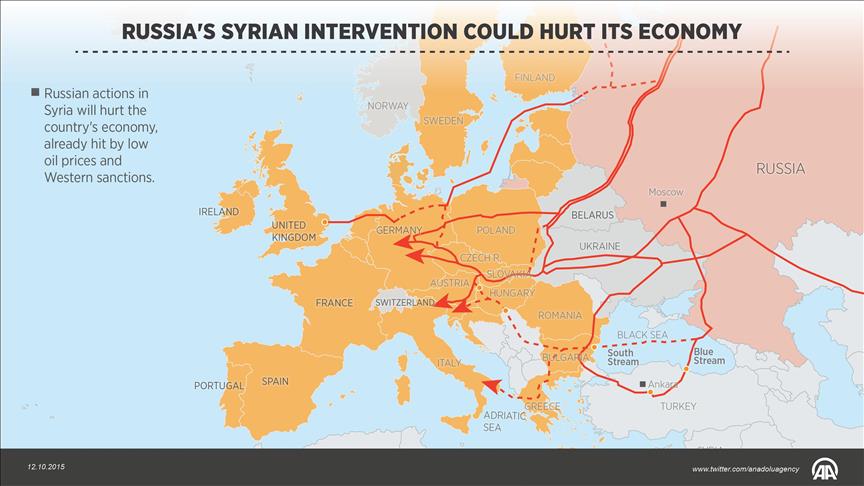


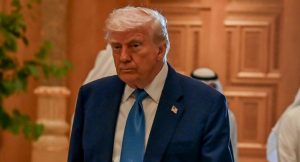
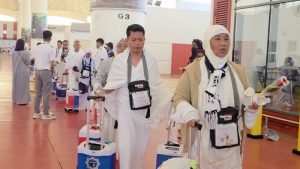

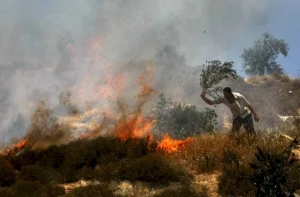


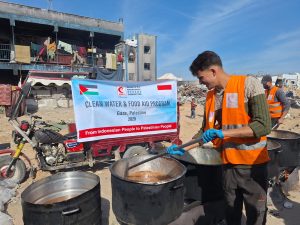



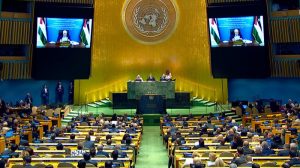

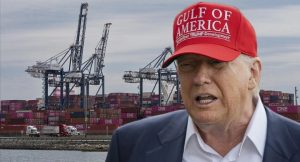
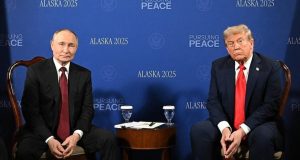




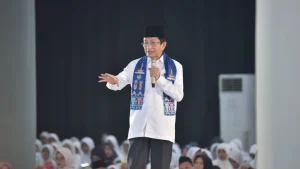

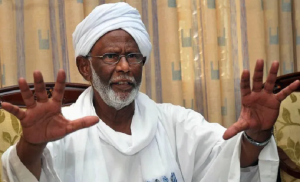

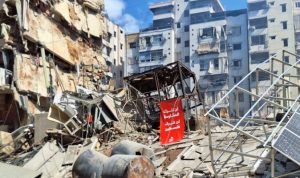





 Mina Indonesia
Mina Indonesia Mina Arabic
Mina Arabic